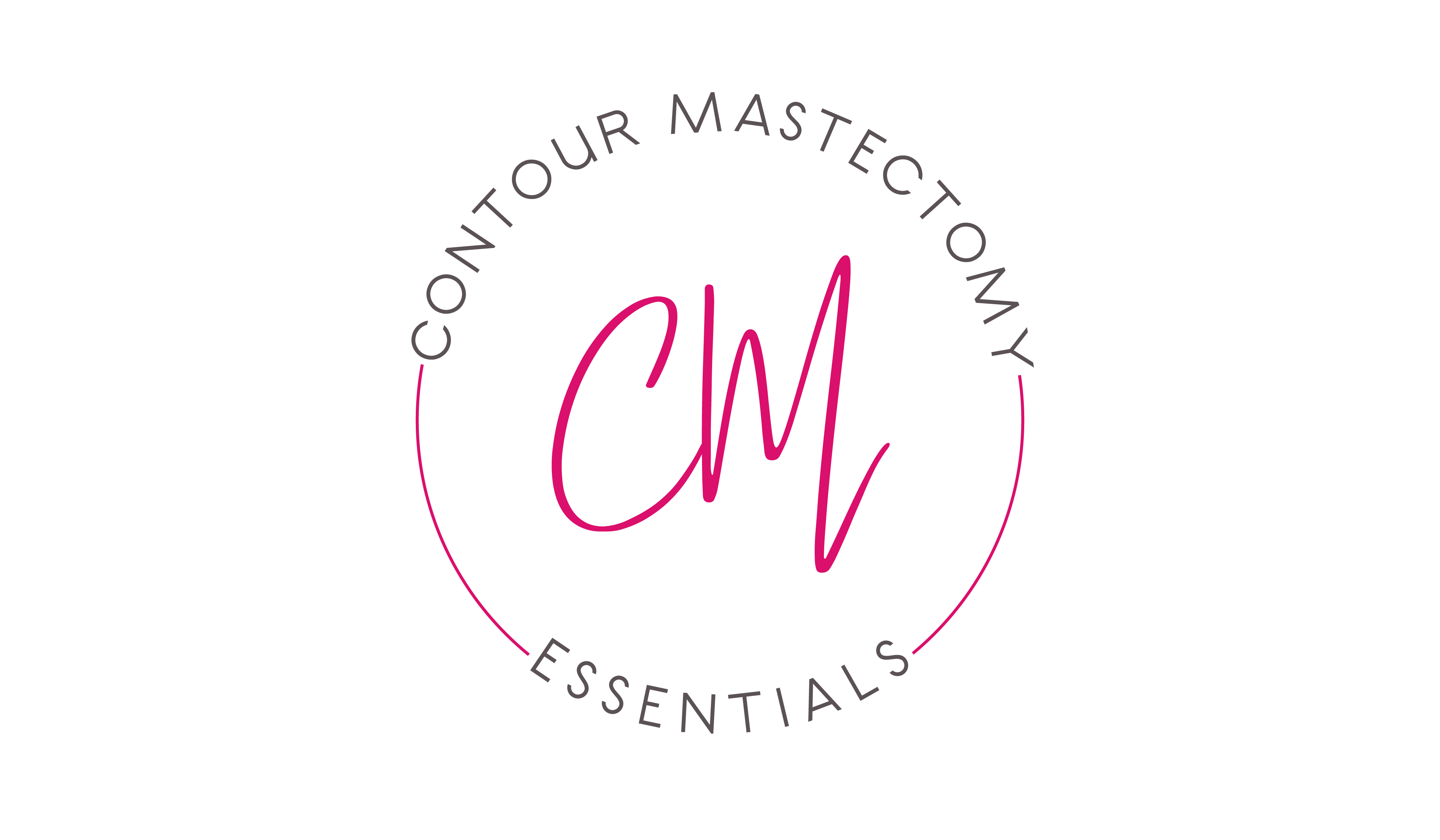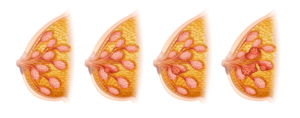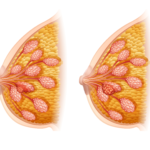Preparing for your procedure and getting used to your body after a mastectomy can take a toll on your emotional health and self-esteem.
Many people do not like talking about cancer and how it is affecting them. You may find the idea of talking upsetting or uncomfortable. But talking to someone about how you feel can help you cope with your emotions. Talking about things can make you feel supported. It can also help you make decisions that are best for you.
Suppose you can talk openly about your feelings with people you trust. It can help you feel less anxious or frightened. Try starting a conversation and saying how you feel. You may be surprised at how willing people are to listen and support you.
Prioritize Your Mental Health
Cancer patients and survivors have better clinical outcomes if they engage in self-care, seek out support, and have access to mental health support.
In a 2018 study on Trusted Source on people with breast cancer, 38.2 percent were classified with depression, and 32.2 percent were classified with anxiety. A 2019 study by Trusted Source found that group therapy led to a significant reduction in anxiety and depression in women with breast cancer, and the effects of this therapy remained for the following months.
In addition to group therapy, teletherapy and individual counseling can help improve your mental health.
Talking About How You Feel
Emotional self-care, support, and, if necessary, professional mental health services are crucial both during and after breast cancer treatment. Many women mistakenly believe they should be able to quickly bounce back emotionally without actively working on it. Prioritize your emotional and mental health.
You may want to consider online or in-person breast cancer support groups as well as individual counseling. Larger cancer treatment centers often have resources like classes, programs, and groups for people living with breast cancer as well as for people in remission.
Life After Breast Cancer Surgery
It can take some time to adjust to a new body shape after breast cancer surgery. The swelling and bruising will go down, and the scars from your operation will become less noticeable. You’ll get used to your new body shape and false breast shape (prosthesis) if you wear one (them). You’re likely to find that your confidence will gradually come back.
The emotional ups and downs might last longer. You may find anxieties coming back when you go for a checkup. New situations like being with a new partner might bring up more insecurities.
Your Feelings After Breast Surgery
The first few months after surgery can be very upsetting. You might have intense feelings, including:
• grief
• fear
• shock
• anger
Your self-confidence might also be affected.
People react very differently to surgery. Most women need time to come to terms with changes to their breasts. Give yourself time to adjust. Talking to people who have had similar experiences can help. Ask your breast care nurse about local or good online support groups.
Breast Cancer Coping Tips
Share your feelings. Talking about your emotions might be challenging, but it can comfort you and those who care about you. When you tell someone you love what you’re feeling, you give that person a chance to support you. You also allow your relationship with that person to grow.
Be specific. When reaching out to others, be specific about the support you need. Saying something like, “It would be helpful if you could shop for groceries this week,” or “Can you please drive me to my next appointment?” gives people a straightforward way to help. This approach reduces frustration and reassures your family and friends that they are helpful.
Take steps to look and feel your best.
Many women feel uncomfortable with their appearance after having surgery or chemotherapy. If you had breast surgery or are experiencing hair loss and changes in your physical appearance, learn about options available, such as wigs and breast prostheses. Allow yourself time to adjust to changes and try different solutions until you find what makes you most comfortable.
Let yourself feel loved and cared for. After a mastectomy or lumpectomy, regular activities such as dressing, undressing, bathing, or being intimate with a partner or spouse may give rise to complex emotions. Some women feel so different that they stop taking care of their emotional and physical needs.
Looking after yourself
During and after cancer treatment, you can do things to improve your general health and well-being. This can make you feel more in control of what is happening to you. Focusing on your well-being can also help you release tension if your emotions build up.
You may want to:
• eat clean
• get physically active
• get enough sleep
• refrain from smoking
• follow sensible drinking guidelines
• avoid recreational drugs
You could also:
• write down how you feel
• join a support group
• go for a walk or play music
• make time to relax
• do mindfulness or meditation
• use complementary therapies

Discussing Intimacy with Your Partner
A mastectomy does not physically decrease a woman’s sexual desire, nor does it reduce her ability to have vaginal lubrication or normal genital feelings or to reach orgasm. However, it can make both partners naturally concerned about how to express their love physically and emotionally after treatment. Women specifically may feel as if they are not as ‘feminine’ anymore and may feel self-conscious.
Communication is crucial in maintaining a robust and healthy sex life after breast cancer and a mastectomy. The change will affect each partner differently, and sharing concerns and fears will help. It’s essential to work together to navigate the new reality.
Anxieties about Re-occurrence
Most specialists have worked together with and closely monitored breast cancer survivors for over five years. Working on mental and emotional health is essential as part of this aftercare. Some survivors may experience significant anxiety and stress over whether breast cancer will return at a more advanced stage, sometimes for years after the initial diagnosis.
Anxiety and stress levels become incredibly more pronounced when seeing a specialist during annual mammograms, sonograms, blood tests, and other regular procedures. Journaling may soothe anxiety and get you back on track with emotional recovery.
Physically and Emotionally Drained from Treatments
Chronic fatigue is a mainstay for people who have experienced breast cancer, even after treatment has ended. In the early weeks and months of treatment, amid chemotherapy or recovering from surgery, it can be challenging for partners, caretakers, relatives, and friends to understand what you are going through entirely. People may question why you are not “back to normal” when your treatment is complete. Know that there is no timeline for recovery, and you will learn to operate at a new normal.
Grieving Your Old Body
It’s an emotional process when a person with breasts is told they must have chest surgery. Letting go of the idea of having perfect breasts, or having nipples at all, is a difficult change. Women who go through mastectomies will have to adjust to a drastic and sometimes unwelcome physical change. Someone who has had a unilateral mastectomy must also adapt to the visible asymmetry between the two breasts, where one breast might remain the same, and the other side is flat or nearly flat.
Following a double or unilateral mastectomy, some breast surgeons and plastic surgeon teams recommend scheduling breast implant surgery or fat transfer surgery as quickly as possible. Other surgeons suggest leaving time to recover from the mastectomy first. It is advised not to try for surgical perfection as soon as possible and instead focus on healing, physically and emotionally.
After surgery, you may end up with scars or noticeable differences in how your breasts feel and look. These post-surgical changes can lead to an extended period of emotional adjustment. It’s alright to take your time making adjustments.
Mental health issues are starting to be focused on and prioritized locally and nationally, making many patients feel more comfortable seeking needed services. Many cancer centers have therapists available as part of their support services, which makes it easier to find someone who has experience with cancer survivorship concerns and thoughts. Patients and survivors are encouraged to practice mindfulness, meditation, and yoga. These are ways to reduce stress that have proven to benefit cancer survivors.
Acceptance: Things To Consider
When you start to experience acceptance, hope often follows. Some people feel they’re regaining personal power as they decide about the next steps. Reading or watching stories about others diagnosed and leading active lives can also feel empowering. Remember to take time to treat yourself well through these emotional phases and to realize how far you’ve come already. Allow yourself to keep doing what you like and spend time with the people you love as you plan your next steps.
Summary
Additional Ways to Cope
It’s no secret that a mastectomy, whether it’s just for one breast or both, is a highly emotional time in a woman’s life. Even though it may make sense to act against breast cancer, it doesn’t change how tough choosing to have the surgery and dealing with it afterward is. It is crucial to keep one’s mind positive as much as possible.
Following treatment, it is essential to focus on the positive. The foremost being breasts, or lack thereof, does not determine femininity. With the right amount of positivity and perseverance, patients can ultimately recover from a mastectomy with feelings of pride and strength.
In addition to counseling, many women benefit from joining a support group after breast cancer. You’ll be able to share your experiences with women who’ve gone through the same emotional and physical effects, and you’ll receive valuable advice from other survivors. You may also wish to learn more about reconstructive breast surgery, which can help build confidence after a mastectomy.
REFERENCES
Cancer Research UK
CancerCare
Healthline
HealthPrep.com
Living Beyond Breast Cancer
National Breast Cancer Foundation, INC.









